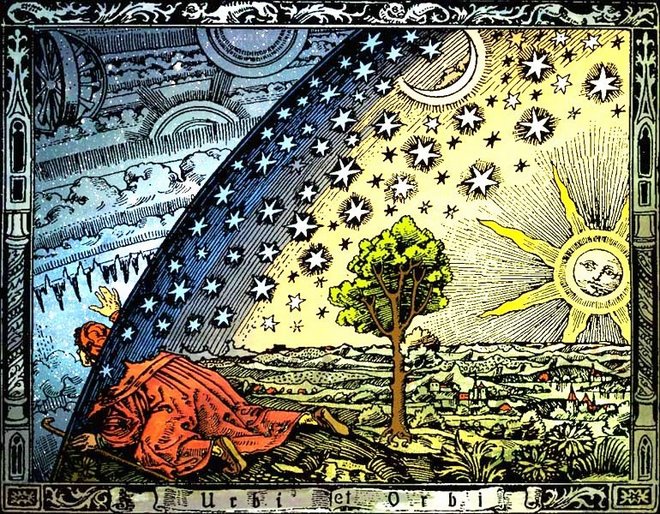Festa errante
DOI:
https://doi.org/10.13135/2038-6788/9788Parole chiave:
Causa errante, Cesura, Festa, Festa errante, Inizio, Storia, TragicoAbstract
In the 1900s, festivals were understood in a variety of ways polarized around Frazer’s and Freud’s positions. Both Frazer and Freud emphasize the features of suspension of everydayness, marginality, and transgression that belong to festivals. Over time, these notions have declined and have been unified in the idea of festivals understood as the fulfillment of (a here unspecifiable) desire. This vision has been opposed with a perspective that instead emphasizes the sacrificial role that every festival entails in its beginning, middle, and end. The essay focuses on two typical aspects of festivals: 1) participants adapt their behavior to 2) what happens. The analysis of participants and festivals-as-events supports the hypothesis that is here advanced; namely, the event introduces an interruption in everydayness and the participants experience an excess of meaning as manifestation of an originary time and sacred space. What is revealed in the sacredness of the beginning is also the necessity of sacrifices. Such a necessity is determined by a radical need for consolation and by the experience of contradiction, which follow a heterogenesis of ends or a dis-teleology. In the example that is proposed, participants in the festival become sacrificial victims of unexpected actors, who are in turn errant and casual. Briefly, Chateaubriand’s testimony reminds us that the participants in the festival find their own death and those who cross path with them will inadvertently rejoice in another festival because of the death that has been given.



